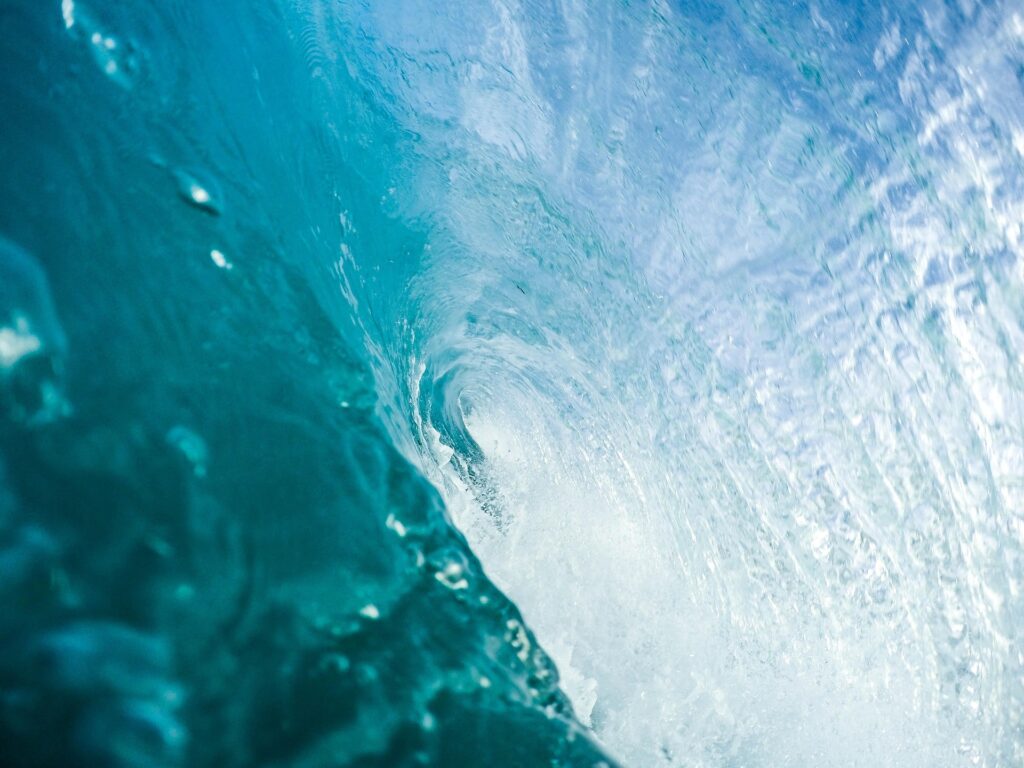
Реализация ЦУР 2030

Наращивание потенциала

Вовлечение женщин и молодежи в ИУВР

Гендерно-инклюзивный подход

Адаптация к изменению климата

DRR и Gender

WASH
(водная санитария и гигиена)
(водная санитария и гигиена)

Эффективное использование водных ресурсов

Социальная, экономическая и экологическая устойчивость

Содействие в реализации Декларации 1325:
Женщины, Мир, Безопасность
Женщины, Мир, Безопасность

Водная дипломатия

Энергетика
